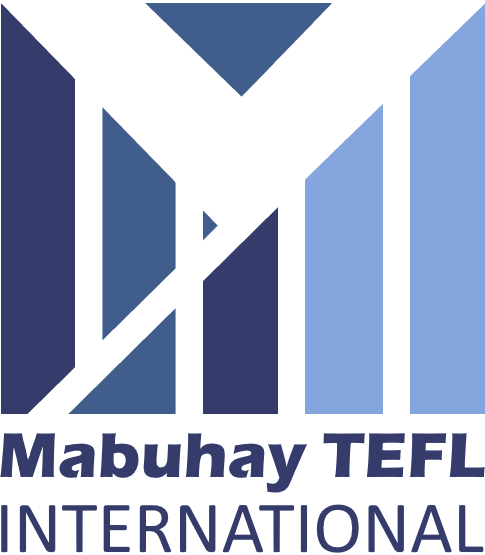120 Hour Teaching English as a Foreign Language Course

Welcome and mabuhay! Immerse yourself in this comprehensive 120-hour course meticulously designed to instill the foundational skills and knowledge crucial for excelling as a TEFL teacher and propel educators toward ongoing professional development.
The course consists of 8 modules, each divided into manageable parts. The course modules and parts incorporate multiple-choice quizzes and end of module essay assignments to assess learning. The final course evaluation includes a comprehensive quiz, along with a multiple essay assignment, and practical lesson plan assessments.
Essays serve as a multifaceted tool for learning, encouraging critical thinking, improving communication skills, applying knowledge practically, fostering reflection, promoting long-term retention, and assessing comprehensive understanding. Our methodology places an emphasis on essays to align with the goal of not just teaching content but preparing students for successful and impactful teaching careers.
Pass Rate and Attempts:
An overall score of 80% is required to pass this course. Students should take it at their own speed and make notes as they progress to help the content stick in their memory and as an aid for reviews before quizzes or assessments.
- The total score from quizzes will be an average taken from all attempts (If more than one attempt is used).
- The practical assessment and written essay assignments need to be submitted for marking and all quizzes, essays and assignments will contribute to the overall grade awarded.
Feedback is provided to you as you progress the course. You can retake quizzes or essay assignments and view teacher feedback on essays and the final assignment in the feedback hub, accessible via the button in the course sidebar.
By the end of this course you will:
- Gain an understanding of how students learn foreign languages, key theories and methodologies, and how the process is facilitated by a TEFL teacher
- Know what elements contribute to successful classroom management and how they can be used to promote learning and manage behaviour
- Gain sufficient awareness of the structural, lexical, and phonological components of English as a foreign language to inform language learners and deliver effective English lessons
- Learn how to engage with and stimulate learners, encouraging participation in lessons via a range of different and context-appropriate activities for reading, writing, speaking, listening and phonology.
- Understand different word types and the 12 tenses of the English language, how they are used, and know activities you can use to teach them in your lessons
- Develop critical and creative thinking skills that allow you to evaluate learners’ needs and develop lesson plans that can meet those needs
- Understand the importance of reflection and ways you can critically reflect on your lessons and teaching skills to improve your teaching skills and the lessons you deliver
By successfully completing this course, you’ll enter the realm of Teaching English as a Foreign Language with a solid foundation. However, the real magic happens when you bring this learning into the classroom. That’s where you’ll genuinely grow into an effective English teacher. So, let’s embark on this journey, and may your classroom experiences be the key to unlocking your teaching potential!
We hope that you will make good use of the content, enjoy the course, and succeed in your new teaching career. Good luck and mabuhay!

